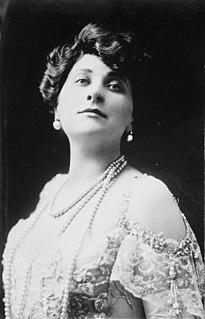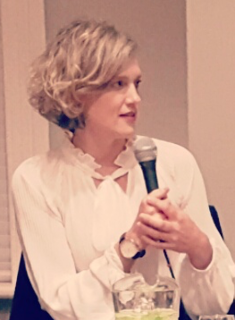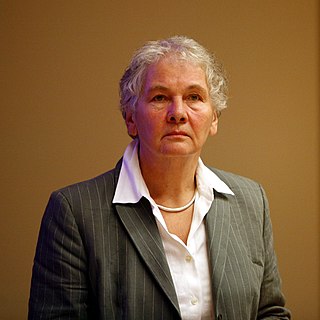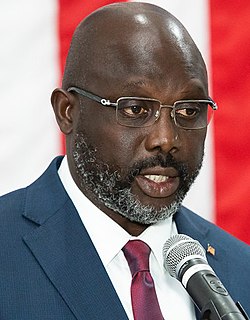A Quote by Gilbert Highet
Many of the twisted minds and crippled characters in the world were made by careless parents who kept their children away from knives and fires, but put permanent scars on their souls.
Related Quotes
I think my soul never was in such an agony before. I felt no restraint, for the treasures of divine grace were opened to me. I wrestled for absent friends, for the ingathering of souls, for multitudes of poor souls, and for many that I thought were the children of God, in many distant places. I was in such an agony, for half an hour before sunset, till near dark, that I was all over wet with sweat: but yet is seemed to me that I had wasted away the day, and had done nothing. Oh!, my dear Savior did sweat blood for poor souls!
Adolescence is a time when children are supposed to move away from parents who are holding firm and protective behind them. When the parents disconnect, the children have no base to move away from or return to. They aren't ready to face the world alone. With divorce, adolescents feel abandoned, and they are outraged at that abandonment. They are angry at both parents for letting them down. Often they feel that their parents broke the rules and so now they can too.
I couldn’t forgive him or like him, but I saw that what he had done was, to him, entirely justified. It was all very careless and confused. They were careless people, Tom and Daisy—they smashed up things and creatures and then retreated back into their money or their vast carelessness, or whatever it was that kept them together, and let other people clean up the mess they had made.
I first became fascinated with the Sears catalogue because all the people in its pages were perfect. Nearly everybody I knew had something missing, a finger cut off, a toe split, an ear half-chewed away, an eye clouded with blindness from a glancing fence staple. And if they didn't have something missing, they were carrying scars from barbed wire, or knives, or fishhooks. But the people in the catalogue had no such hurts. They were not only whole, had all their arms and legs and eyes on their unscarred bodies, but they were also beautiful.






































